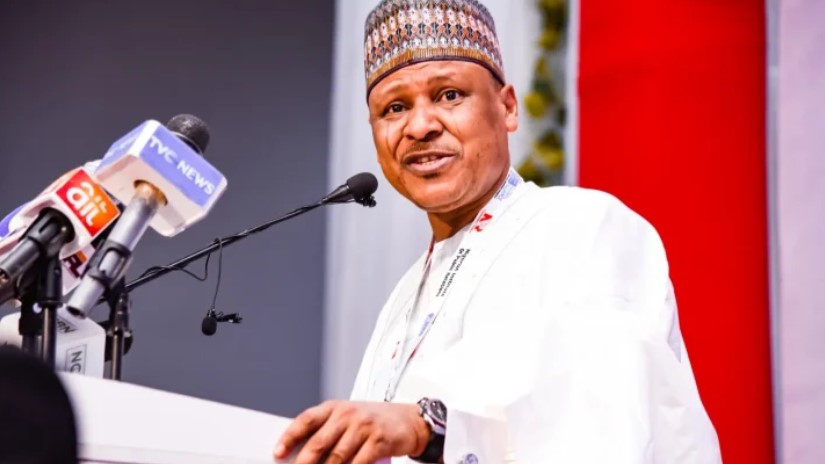The Nigerian Federal Government has moved swiftly to reassure citizens, residents, and visitors of the continued safety and security of Abuja, the nation’s capital, following a travel advisory issued by the United States Embassy. The advisory restricted non-official visits by US embassy staff to military and government facilities within the Federal Capital Territory (FCT). Minister of Information and National Orientation, Mohammed Idris, emphasized in a statement that the advisory should not be interpreted as a sign of imminent danger, but rather as a precautionary measure based on broader global security concerns. He underscored the government’s commitment to maintaining Abuja’s standing as a secure capital city and urged the public to remain calm and vigilant.
The US Embassy’s advisory cautioned its personnel against non-official travel to Nigerian military sites or government venues in Abuja. The alert, while not specifying a particular threat, advised US citizens to exercise heightened vigilance in public spaces, particularly those frequented by Westerners, expatriates, and government officials. Recommendations included avoiding large gatherings, limiting unnecessary travel, varying routines, and familiarizing themselves with emergency exits in buildings. The embassy stressed the importance of reviewing personal security plans. Crucially, the advisory did not impact the operational status of the Consular Sections of the US Embassy in Abuja and the Consulate General in Lagos, which remained open for regular services.
Minister Idris’s statement aimed to allay any fears sparked by the US advisory. He clarified that the advisory was not indicative of a specific threat to Abuja but rather a reflection of general global security developments. He reiterated the Nigerian government’s commitment to ensuring the safety and protection of all residents within the FCT and throughout the country. Idris highlighted the proactive and successful nature of Nigeria’s security architecture in addressing potential threats, emphasizing the continuous monitoring efforts of security and intelligence agencies.
The Minister’s reassurance extended to diplomatic missions, investors, development partners, and the general public, urging them to dismiss any cause for alarm. He stressed the ongoing efforts of security agencies to maintain peace and security, operating around the clock to protect residents. The government’s message conveyed a sense of confidence in the nation’s security apparatus while acknowledging the need for public vigilance and cooperation. Citizens were encouraged to continue their lawful activities without fear but to remain alert and report any suspicious activity to the appropriate authorities.
The Nigerian government’s response underscored its dedication to maintaining Abuja’s reputation as a safe and secure capital. The swift and clear communication aimed to prevent undue panic and maintain public trust in the government’s security capabilities. By contextualizing the US advisory within a global security framework, the government sought to minimize any negative perceptions about the safety of Abuja. The emphasis on the proactive nature of security operations served to reassure the public and international community of the government’s commitment to safeguarding the capital.
The incident highlights the delicate balance between informing the public about potential risks and avoiding unnecessary alarm. The US Embassy’s advisory, while intended to protect its personnel, inevitably generated concern. The Nigerian government’s proactive response, emphasizing the absence of a specific threat and highlighting its security measures, served as a crucial counterpoint. This incident underscores the importance of clear communication and collaboration between governments in managing security concerns and maintaining public confidence.














